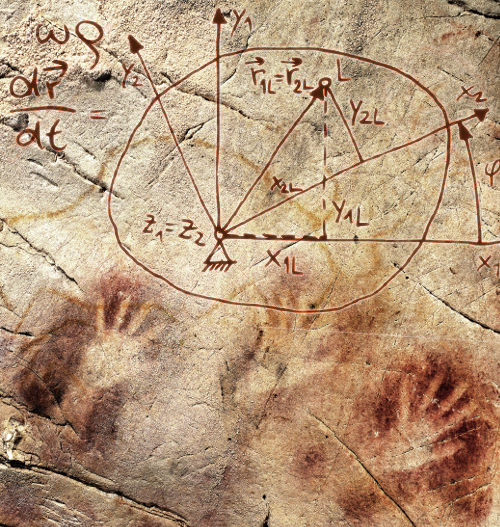Old minds remixed in modern age
 The human brain was developed largely for the purpose of not being eaten, but it can now do so much more.
The human brain was developed largely for the purpose of not being eaten, but it can now do so much more.
A new study shows that the parts of the brain used for assessing environmental elements like movement and temperature can be repurposed to think about higher concepts.
While our brains were dedicated mostly to basic survival tasks, now 200,000 years later, the same human brain is able to learn abstract concepts, like momentum, energy and gravity.
Neuroscience research has now uncovered how the brain is able to acquire what should be mind-boggling new types of ideas.
Carnegie Mellon University scientists Robert Mason and Marcel Just used neural-decoding techniques to identify specific physics concepts when students were prompted to recall them.
The brain activation patterns while thinking about physics showed that all of the students’ brains used the ancient brain systems the same way.
It suggests that new knowledge is formed by repurposing existing neural systems.
“If science teachers know how the brain is going to encode a new science concept, then they can define and elaborate that concept in ways that match the encoding. They can teach to the brain by using the brain's language,” said Mason.
Nine advanced physics and engineering students participated in the study. Each student's brain was scanned while they were shown a set of 30 familiar concepts, such as gravity, entropy, inertia, refraction and velocity.
Using a machine learning program, the team was able to identify which of the 30 concepts a student was thinking about, because the thought of each concept created its own brain activation pattern.
They also could break down the patterns into the different neural pieces used to build the full concepts.
The research showed for the first time how learning physics concepts is accomplished by repurposing neural structures that were originally used for general everyday purposes.
More specifically, the brain is able to learn physics concepts because of its ability to understand the four fundamental concepts of causal motion, periodicity, energy flow and algebraic (sentence-like) representations.
For example, brain systems that process rhythmic periodicity (like hearing a horse gallop) also support the understanding of wave concepts in physics.
Similarly, understanding gravity involves visualising causal motion, like an apple falling from a tree; energy flow uses the same system as sensing warmth from a fire or the sun; and understanding how one concept relates to others in an equation uses the same brain systems that are used to comprehend sentences describing quantities.
“This is why humans have been able to move ahead and innovate - because we can use our brain for new purposes,” Just said.
“Human brains haven't changed much over a few thousand years, but new fields like aeronautics, genetics, medicine and computer science have been developed and continuously change.
“Our findings explain how the brain is able to learn and discover new types of concepts.”








 Print
Print